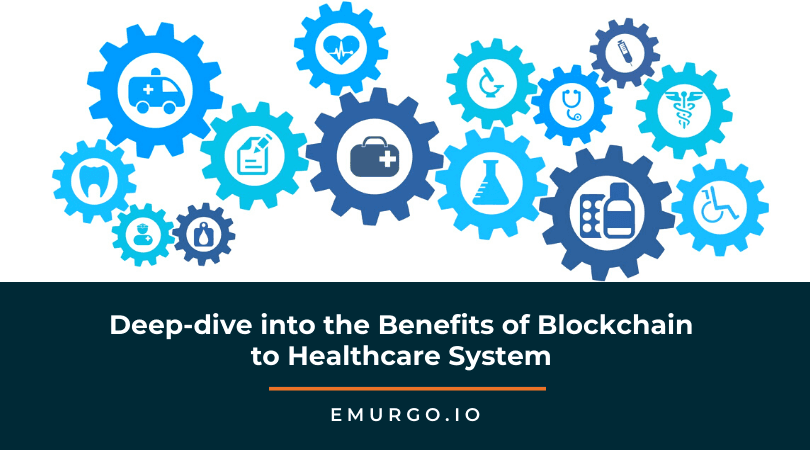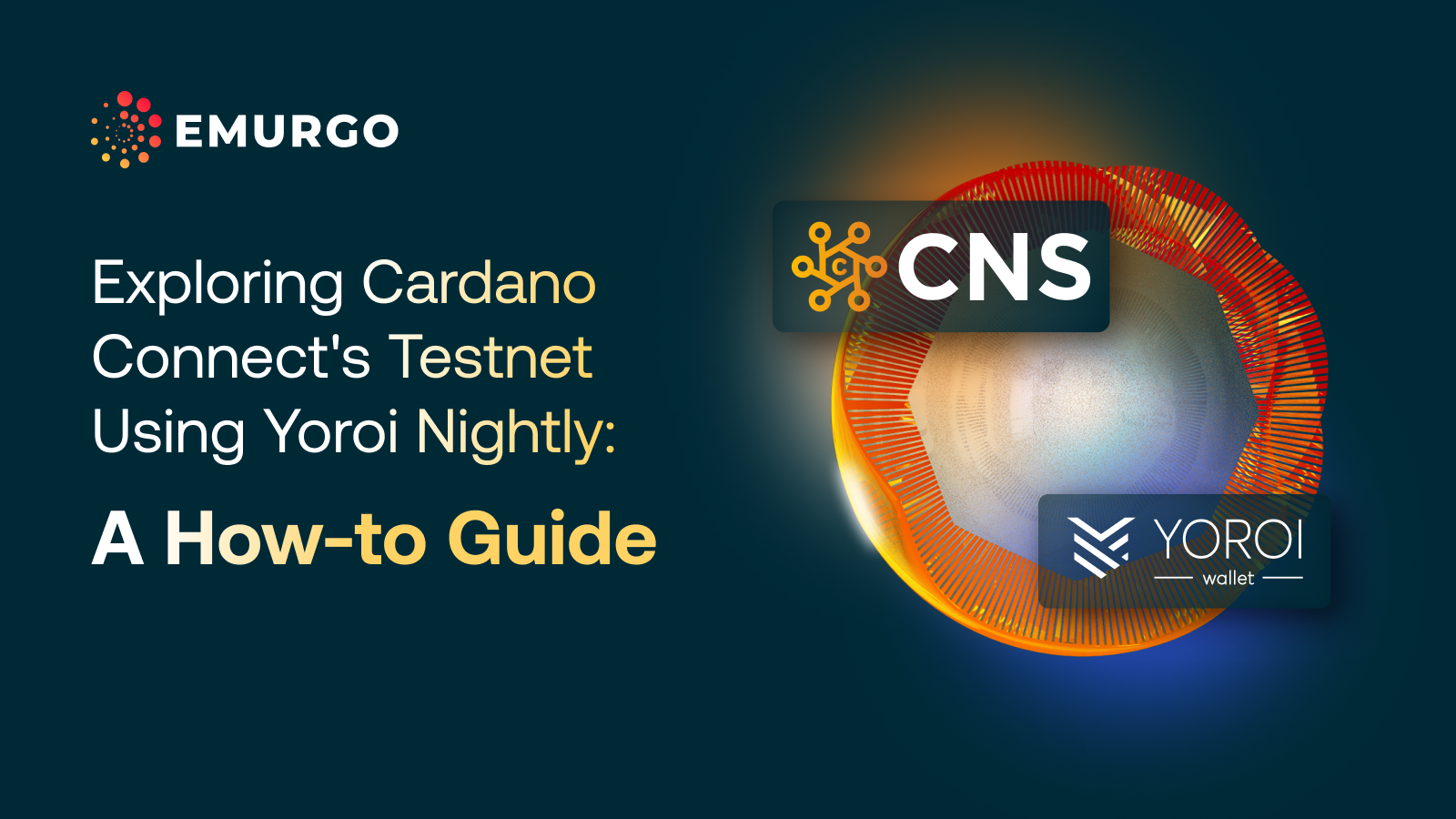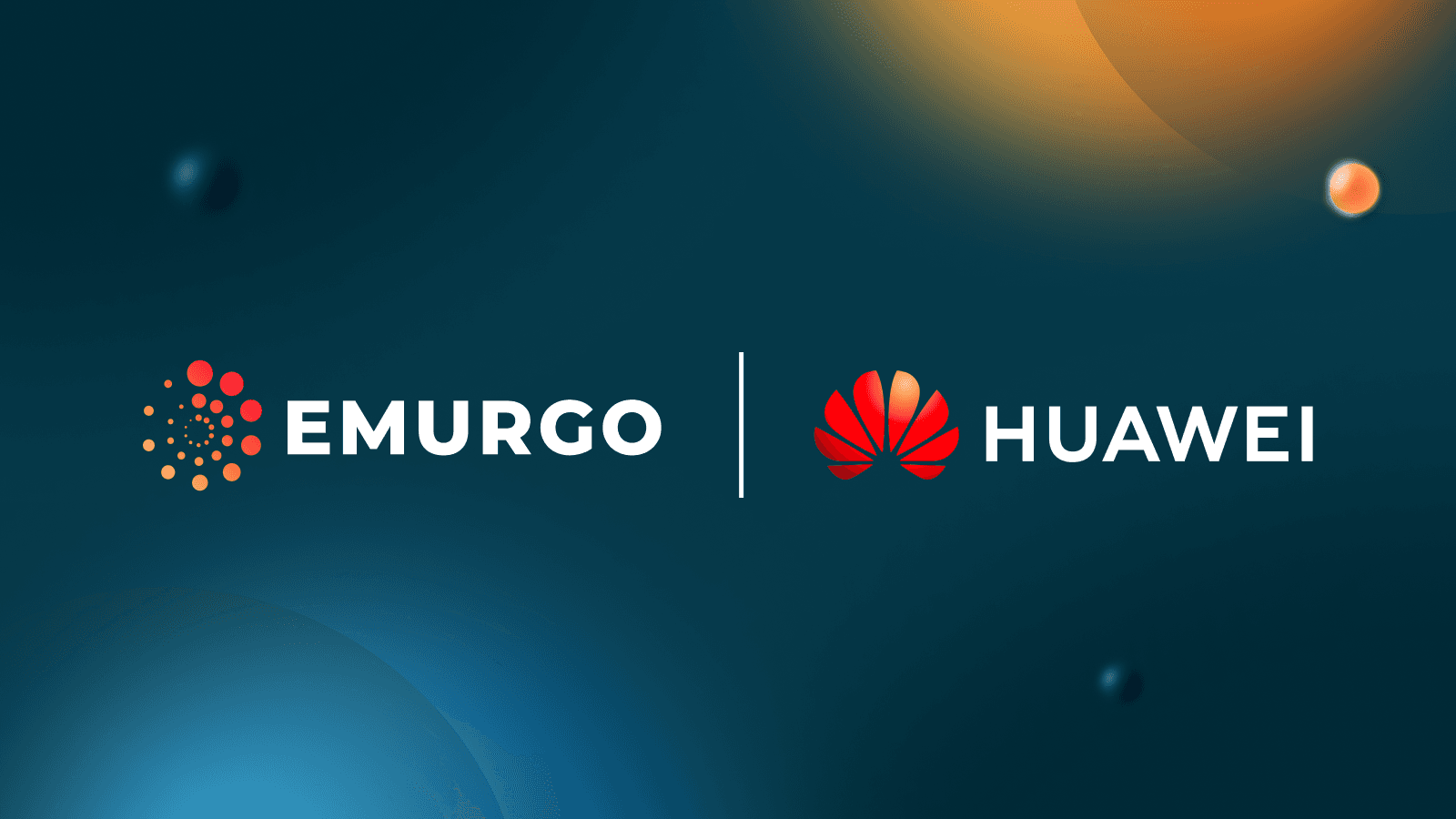Global Healthcare Services is Growing But Data is Becoming More Centralized
The global comprehensive healthcare system is continually evolving day by day with ever-increasing cloud storage of personal information on patients, quick & easy access to patient healthcare services irrespective of the healthcare service provider, and interoperability with various segments and services of the healthcare industry.
Yet, there are still many problems within this comprehensive, yet closed & centralized system. Data security is a paramount problem as patients do not have complete control over their own personal data and instead rely on private centralized systems controlled by healthcare providers & doctors. In our current healthcare system, doctors and healthcare administrators are at the helm, controlling and gaining access to patient records while patients are unaware of any potential misuse or tampering of their own data.
Other problematic examples include long waiting times for insurance claims to get processed, clinical trials that are stacked in favor towards large pharmaceuticals & hospitals, and even fraudulent drugs in the market.
Blockchain Solutions Provide Trust & Reduce Overall Costs of Healthcare Data Maintenance
Blockchain as a decentralized & shared database system, in which record data is secure, transparent and immutable, could unveil the layers of secrecy and red tape that are causing some of the main problems mentioned.
Integrating blockchain solutions with healthcare services can reduce the burdensome costs involved in accessing healthcare services by efficiently paving the way to quicker insurance claim payouts, securing private data records, tracing the source of pharmaceutical drugs from source to buyer, and so on.
Blockchain solutions eliminate the need for outdated, costly & inefficient intermediaries (stakeholders & systems) in the healthcare system by easily automating data collection and leveraging the security & trustful properties of blockchain to provide an immutable and efficient database.
Decentralized Blockchain Solutions Put Patient in Full Control of Their Own Data
In healthcare systems such as India, patient healthcare information is stored within individual hospital servers, only accessible to the healthcare practitioners within the hospital. If a patient wants to get a second opinion, they must request for their entire file along with observations and evaluations to be shared with an outside third party.
However, data sharing is sometimes erroneous due to the nature of manual data entry and misinformation gets logged into the system. This entire data sharing request process is cumbersome, time-consuming, and inefficient. Furthermore, the patient does not have full ownership of their own data and have to rely on outside parties & healthcare providers for data privacy, security, and proper documentation.
Blockchain’s decentralized, shared database system puts the patient in the driver’s seat when it comes to the custody of a patient’s information file. The decentralized system makes the same data available to each stakeholder involved in creating or editing the patient file – doctors, nurses, imaging and lab service providers, pharmacology labs, etc. Different blocks of the same data can be made so that partial information can be shared on a need-to-know basis with a blockchain solution tailored to the needs of each stakeholder. Access to the blocks of information lies with the patient, who would have full authorization to the editing or sharing of their information.
Blockchain Solutions Provide Reliable Data Traceability & Transparency
The healthcare system has to keep track of multiple patient information, and there is more and more individual patient data being added every day. There is an increasing load of information to handle for each patient including personal information, insurance records, and medical claim data, IoT data or other health monitoring systems data, and additional electronic health records, among others.
There is no data system in place to trace all of this information to its inception. Blockchain’s time-stamped data blocks can store precise information in its exact order and these data blocks are securely encrypted, making it immutable. This time-stamped data can be traced back to an exact point in time to check for data integrity and to quickly access an individual patient’s healthcare information history. Blockchain solutions clearly provide reliable data traceability.
Information on a blockchain network is stored in not just one location or a single computer server, but is instead stored and made available with all the key stakeholders in the network. All servers storing a copy of the evolving database ensure that all servers are following the rules of data management dictated by the blockchain solution. Patients, doctors, and pharmacologists will have the same data available, while the authority to share and accept changes to the data lies with the patient.
Healthcare regulators can also implement or demand that pharmaceuticals use blockchain solutions to ensure that clinical trials are not omitting or editing unfavorable data to tip the scale towards their experimental drugs & treatment methods. Stakeholders can access validated data with transparency. Only experimental drugs & treatment methods that are truly innovative and provide a validated cure or a solution to a medical problem will be able to gain access to the consumer market.
Blockchain Solutions Eliminate Counterfeit Healthcare Products & Medicine
It is known that certain markets get flooded with fake, counterfeit medicines that account for big losses for drug manufacturers. These losses are then added to future medicine production costs, making medicine more costly to the consumer.
Blockchain technology brings a solution to this problem. Drug manufacturers can utilize a blockchain solution and register relevant drug information on the blockchain to verify its authenticity. They would share this drug information right from its source of production through the supply chain until it reaches retailers. Patients can easily look up this chain of custody on a blockchain-based application, be satisfied with its origins, and then decide on purchasing it.
It would be a win-win for regulatory bodies, drug manufacturers, and consumers to each gain enhanced trust and transparency to important products such as medicine.
Blockchain Solutions Enable Efficient Insurance Claims & Payments
The long paper trail of insurance claims is very time-consuming for everyone involved, making medical claims highly inefficient. With blockchain solutions, all relevant information would be digitally entered into a simple user-friendly interface only once and verified instantly. Costly third party involvement would be unnecessary. Blockchain-based smart contracts which are programmable, self-executing contracts, could automatically disburse payments once certain programmed conditions are met.
Learn How to Apply Blockchain to Your Career & Business Sector
Databases that are decentralized, highly secure, traceable, and transparent are in demand in almost all business verticals. The blockchain revolution has just begun. If you want to be a part of building secure blockchain networks and serviceable applications, you need to be more than conversant with the subject, you need to hone yourself with the necessary skills.
As a global blockchain solutions provider & a founding entity of the globally recognized Cardano blockchain, EMURGO Education is your trusted learning partner, who can equip you with the right skills and also give you the right exposure to open gateways to exciting in-demand blockchain industry job opportunities.
Find Out How to Upskill Your Career with Blockchain Education at EMURGO India’s Homepage Below & Follow EMURGO Education’s India Unit on Social Media

- Homepage: EMURGO India
- Twitter: @emurgo_in
- Facebook: @emurgo.in
- Instagram: @emurgo_inLinkedIn: @emurgo_in



